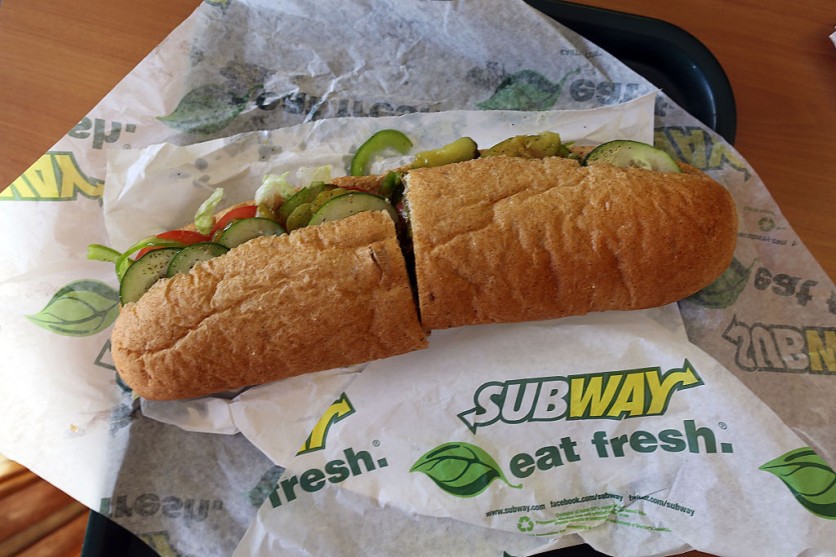A college campus in California saw the debut of Subway's brand-new grab-and-go smart fridge technology this fall. However, this was no ordinary fridge where customers can take whatever they want, but more intriguingly, it has ears.

AI-Powered Sandwich Machine
As reported first by Gizmodo, the University of California San Diego campus received a Subway smart fridge in September, which was packed with grab-and-go items like premade sandwiches, soda, chips, and other snacks.
College students who may pick up a sandwich whenever they want have reacted "very positively" to the fridge, the company said in a press release on Monday, Nov. 14.
The machine is outfitted with artificial intelligence and language recognition software in addition to weight-sensitive shelves that instruct it how much to charge a customer and a UV-C light that sanitizes the fridge after each usage.
A completely cashless and contactless transaction is made possible by the use of weight-sensor shelves, and after every purchase, UV-C light sanitation helps customers maintain their confidence in the food's quality, according to Subway's press release statement.
According to Karla Martinez, director of innovation for non-traditional development, Subway Grab & Go has swiftly gained popularity because customers are lured to sandwiches cooked fresh every day from a brand they know rather than rival products that rely on a shelf life of at least 14 days.
"As Subway continues to expand off-premises concepts, guests can expect to find Subway Grab & Go and smart fridges in more convenient everyday places like airports, college campuses, and hospitals," Martinez said in a statement.
Customers should be able to inquire about what's inside the fridge using AI and speech recognition features. However, it is still unclear when/if the microphone will turn on or off and what the company is planning to do with the recordings.
Subway's Earnings in 2022
According to Subway, the first three quarters of 2022 saw an average 13% gain in same-store sales across nearly 5,900 non-traditional stores across the US and Canada, which accounts for about 25% of the company's North American footprint.
The news release also said that airports, universities, and hospital places that were severely afflicted by COVID-19 restrictions saw an average 22% increase, pointing to a robust recovery in 2022 across all pandemic-affected channels.
Related Article : AI Can Now Determine Human's Response to Drug Compounds, Applicable for Medicine Development
This article is owned by Tech Times
Written by Jace Dela Cruz




![Most Useful Google Chrome Keyboard Shortcuts You Need to Know to Improve Your Browsing Experience [2024]](https://d.techtimes.com/en/full/449047/most-useful-google-chrome-keyboard-shortcuts-you-need-know-improve-your-browsing-experience-2024.jpg?w=184&h=103&f=476d29fd60df70a67f6679f99a2ca6d0)